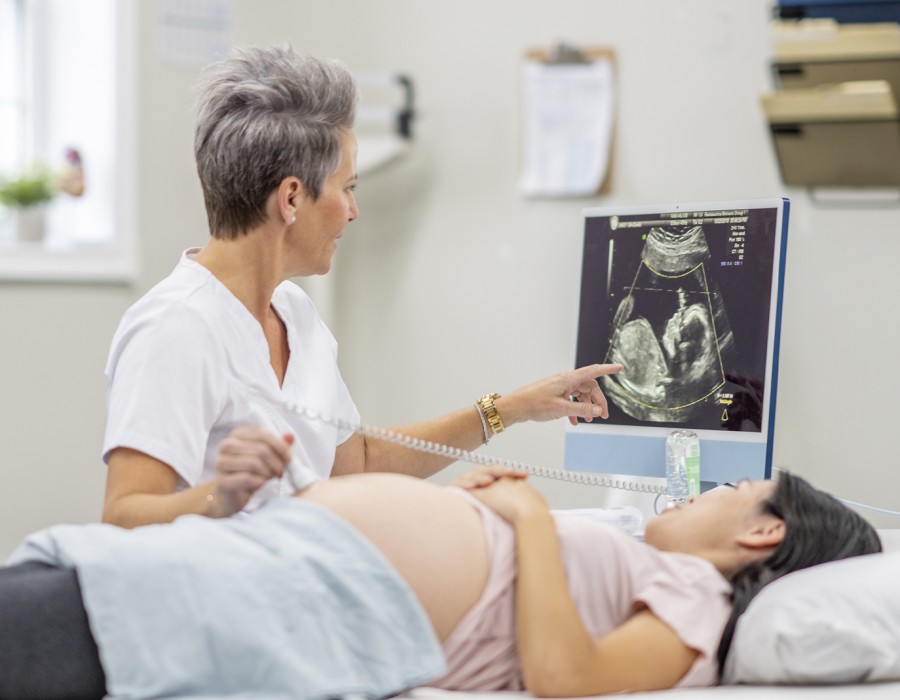In order to guarantee the health and wellbeing of expectant mothers and their unborn children, an obstetrician-gynecologist (OB-GYN) with competence in pregnancy and maternity care is sometimes referred to as a Pregnancy & Maternity Specialist. The following are some important duties:
1. Prenatal care : It is the provision of all-inclusive prenatal care to expectant mothers, which includes routine check-ups, fetal development monitoring, and screening for issues like preeclampsia, gestational diabetes, and anomalies in the fetus.
2. Identifying and managing risk factors and issues that may occur during pregnancy, such as multiple gestations, advanced mother age, pre-existing medical conditions, or past pregnancy complications, is known as “managing high-risk pregnancies.”
3. Labor & Delivery: Tracking the progression of labor, offering alternatives for pain relief, and helping with baby delivery, including vaginal births, C-sections, and instrumental births (using forceps or vacuum extraction) as needed.
4. Postpartum Care: Providing new moms with postpartum care that involves observing their physical and mental recuperation, addressing difficulties with nursing, and managing complications such as infections, bleeding, or mood disorders.
5. Family planning : It includes helping women make decisions about birth control and fertility counseling, as well as providing counseling and contraceptive services to them during the postpartum period.
6. Diagnosis and Treatment : Identifying and managing reproductive problems and gynecological conditions, such as endometriosis, uterine fibroids, recurrent miscarriages, and infertility, that may have an impact on pregnancy.
7. Patient education : It refers to educating and counseling expectant mothers and their families on topics such as breastfeeding, postpartum recuperation, newborn care, pregnancy, and contraception.
8. Cooperation : Working together to guarantee comprehensive and well-coordinated care for expectant mothers and their unborn children with other medical professionals, such as midwives, nurses, pediatricians, and specialists.
9. Advocacy : Promoting pregnant women’s health and rights, such as their ability to obtain evidence-based maternity care practices, reproductive healthcare services, and prenatal care.
10. Research and Education : Participating in clinical trials and medical research, keeping abreast of the most recent advancements in obstetrics and gynecology, and teaching medical students, residents, and other healthcare professionals about pregnancy and maternity care.
All things considered, pregnancy and maternity specialists are essential in helping women through the adventure of becoming pregnant, giving birth, and recovering from the postpartum phase.





Comments